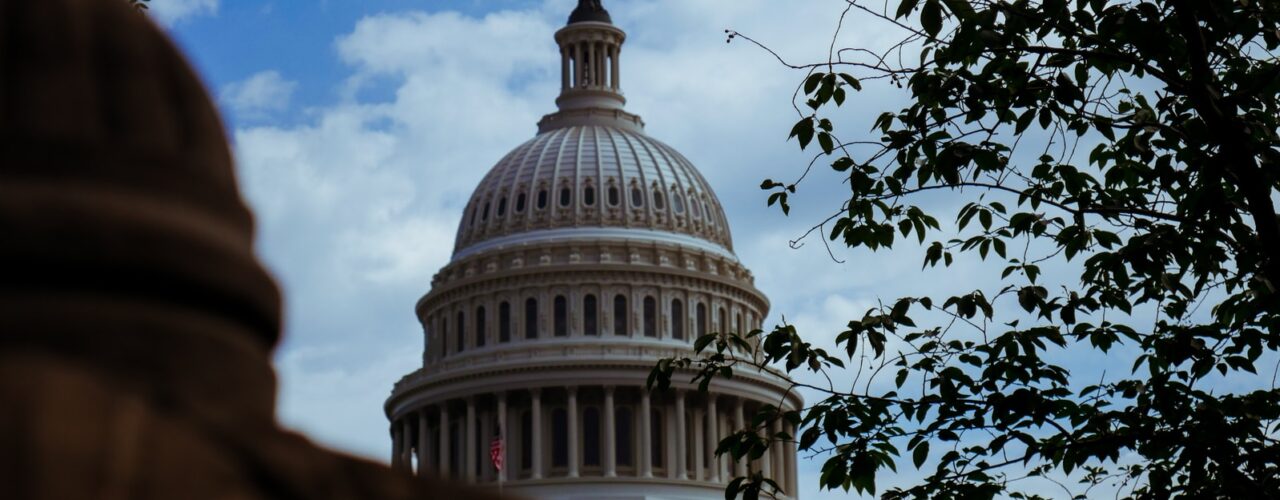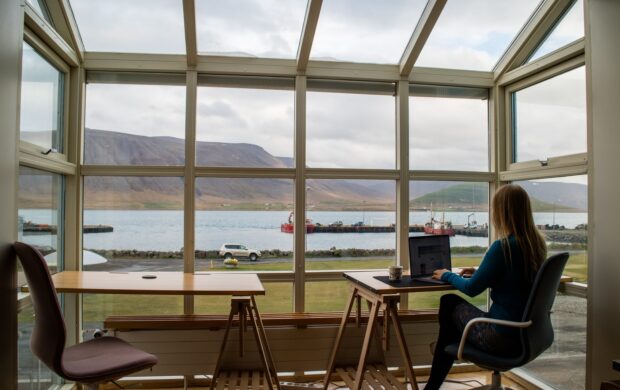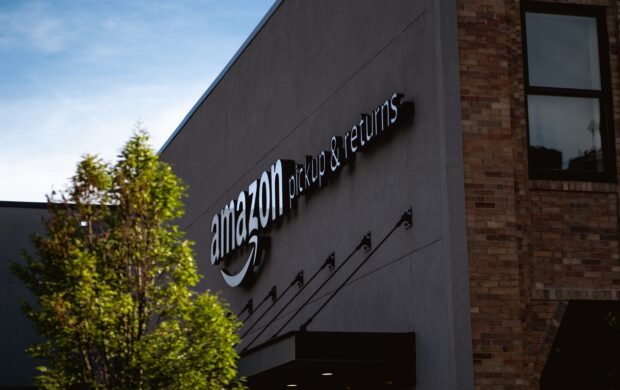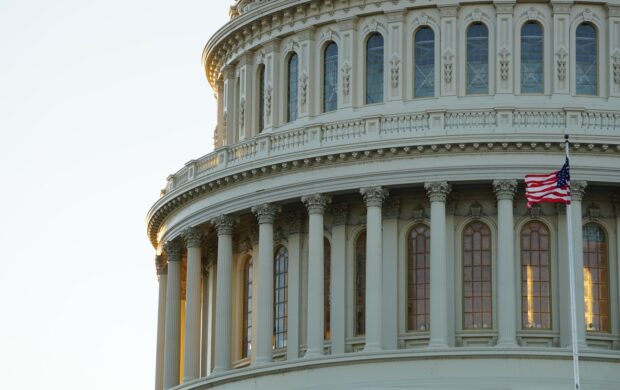The US Congress’ Progressive Caucus has backed a bill first introduced by California Democrat Mark Takano that plans to shorten the work week from the current 40 hours to 32 hours, the equivalent of a four-day work week.

So what?
The pandemic which forced millions of people to explore different working arrangements has contributed to a re-evaluation of time spent on work, making fringe ideas such as the 4-day work week a matter of debate. Although in the short turn the bill is unlikely to be passed, the backing by a major bloc in the US congress suggests that the discussion on a four-day work week is likely to continue in the future.
The effects of a four-day work week on sustainability could vary greatly depending on its effect on production and consumption. Could a four-day week increase consumption given that people are off work more? Or could the increased focus on well-being, health and quality of life bring less consumptive ways of being into the limelight?

















Join discussion